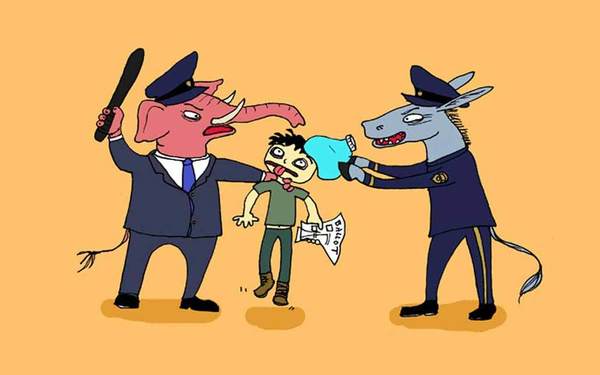Smcmillan's Profile
smcmillan Creator
Stephanie McMillan makes art and writes for the revolution. Her cartoons have won the RFK Journalism Award, the Sigma Delta Chi (Society of Professional Journailsts) and other awards. She is the creator of the perpetual calendar "365 Daily Affirmations for Revolutionary Proletarian Militants" and the author of several books, including "Capitalism Must Die!" Please visit stephaniemcmillan.org

An essay connected to this illustration is at my website: http://stephaniemcmillan.org/2016/08/24/class-struggle-is-our-departure-point/